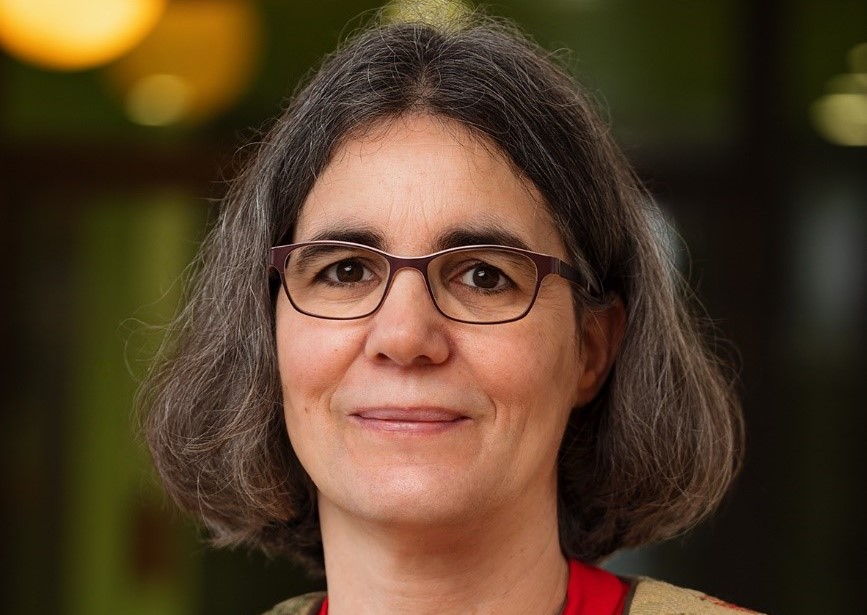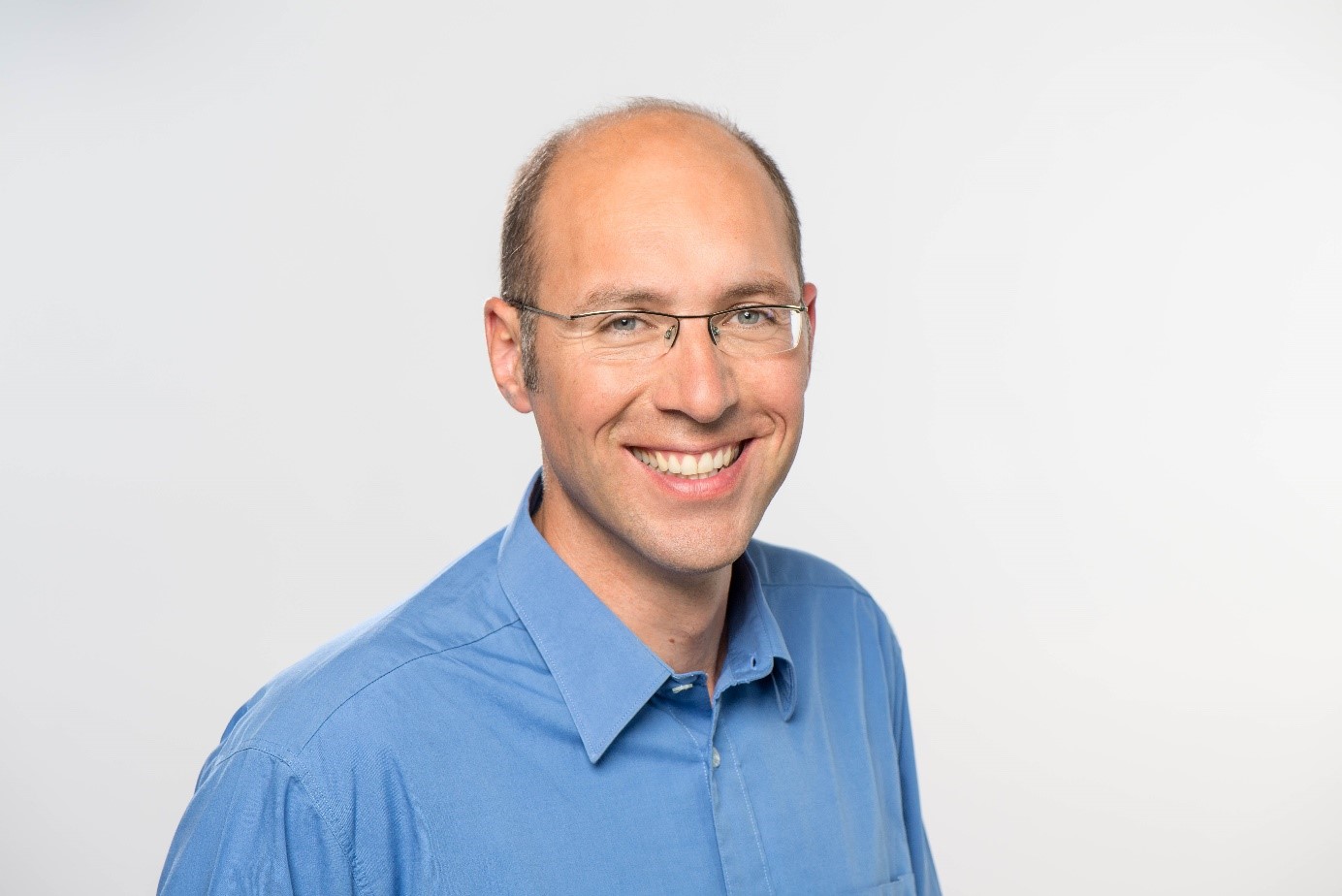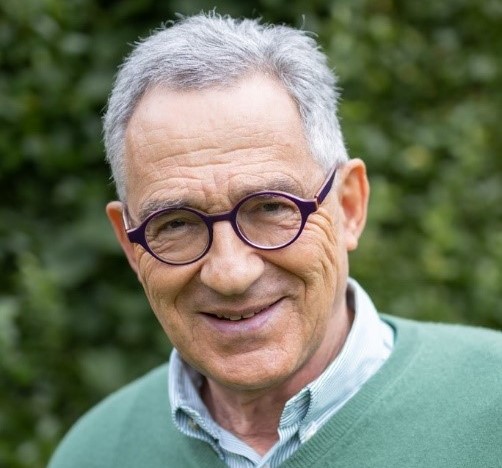test
KEYNOTE SPEAKERS AIRG2024

studied biology in Rostock, where she obtained her PhD in veterinary immunology in 2000. She gained experience in tumor immunology using mouse models during her postdoctoral period at the University of Freiburg, but returned to veterinary immunology in 2006. Since then, she has been working as a group leader at the Friedrich-Loeffler-Institute, focusing on adaptive immune mechanisms in response to infection and vaccination. The species studied are mainly pigs and poultry and their economically relevant pathogens and zoonoses.
In poultry, the current focus is on analyzing the pathomechanisms of viral influenza proteins and their interaction with the immune system. Another project compares local chicken breeds with high-performance breeds in terms of immune competence and response to viral infection. The aim of these analyses is to understand and define breeding relevant immunological parameters, which are particularly important for the high animal health requirements of organic farming.
Picture: Copyright FLI

studied animal production in Leipzig and Halle and received his doctorate in 1994. He began his career at the Poultry Research Institute in Merbitz in eastern Germany. Since then he has been active in research for more than 30 years, focusing on biodiversity in poultry. He is particularly interested in the assessment of genetic diversity between and within local breeds and the study of functional traits related to bone stability and animal health. In recent years, he has also focused on the practical implementation of measures for the conservation and utilization of local chicken breeds in organic farming. Today, he is head of the Breeding and Genetic Resources Department at the Institute of Farm Animal Genetics at the Friedrich-Loeffler-Institut.

specializes in virus-host interactions and their impact on viral pathogenicity. He combines omics-based analyses with hypothesis-driven research. After veterinary studies in Vienna, Austria, he earned his DVM degree at the University of Freiburg, Germany, and a PhD at the Francis Crick Institute, London, where he discovered RIG-I as a sensor for viral triphosphorylated RNA. During his post-doc at CeMM, he investigated protein complexes involving viral RNA and proteins, revealing viral strategies in innate immune system perturbations. Since 2011, he leads his own research group, initially as a Max-Planck fellow and now as an Associate Professor at the Technical University of Munich. He also heads the Mass Spectrometry Core Facility at TUM Klinikum Rechts der Isar since 2021. Andreas Pichlmair has authored over 90 manuscripts and secured grants from DFG, BMBF, EMBO and ERC for his research.
Pichture: Copyright TUM

is an evolutionary ecologist interested in the immune system of wild animals, particularly in birds. She mainly studies the Major Histocompatibility Complex (MHC) genes, the most variable genes known in vertebrates, and it is believed that their high polymorphism is maintained by selection from pathogens, i.e. through host-pathogen interactions. One aim of her work is to understand why songbirds have so many MHC genes in their genome compared with other vertebrates. In her research, MHC genes are analyzed on both micro- and macro-evolutionary scales, hence within and between species. In recent years, she has investigated the relative expression of different MHC gene copies. Dr. Westerdahl got her PhD in 2004 at Lund University, Sweden, did a PostDoc at University of Sheffield, UK, whereafter she went back to Lund University in 2007 to continue her work.

Georg Wick, Medical University of Innsbruck, Austria MD, has served as Professor and Chairman of Pathophysiology and Immunology at the Medical Faculty of the University of Innsbruck, Austria, and as the founding Director of the Institute for Biomedical Aging Research of the Austrian Academy of Sciences, also in Innsbruck. In addition, he was the President of the Austrian Research Fund, the major national Institution that supports basic research in all disciplines, from natural sciences over engineering to the humanities. As a professor em., he then led the Laboratory for Autoimmunity at the Biocenter, Medical University of Innsbruck, conducting research in two major areas: “The Immunology of Atherosclerosis” and “Inflammatory Aspects of Fibrosis”. Georg Wick is the author of over 600 publications and 11 books. He was Editor-In-Chief of Gerontology and a member of the Editorial Board of several immunological and gerontological journals. He is the recipient of numerous national and international awards.